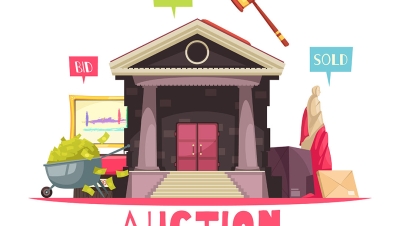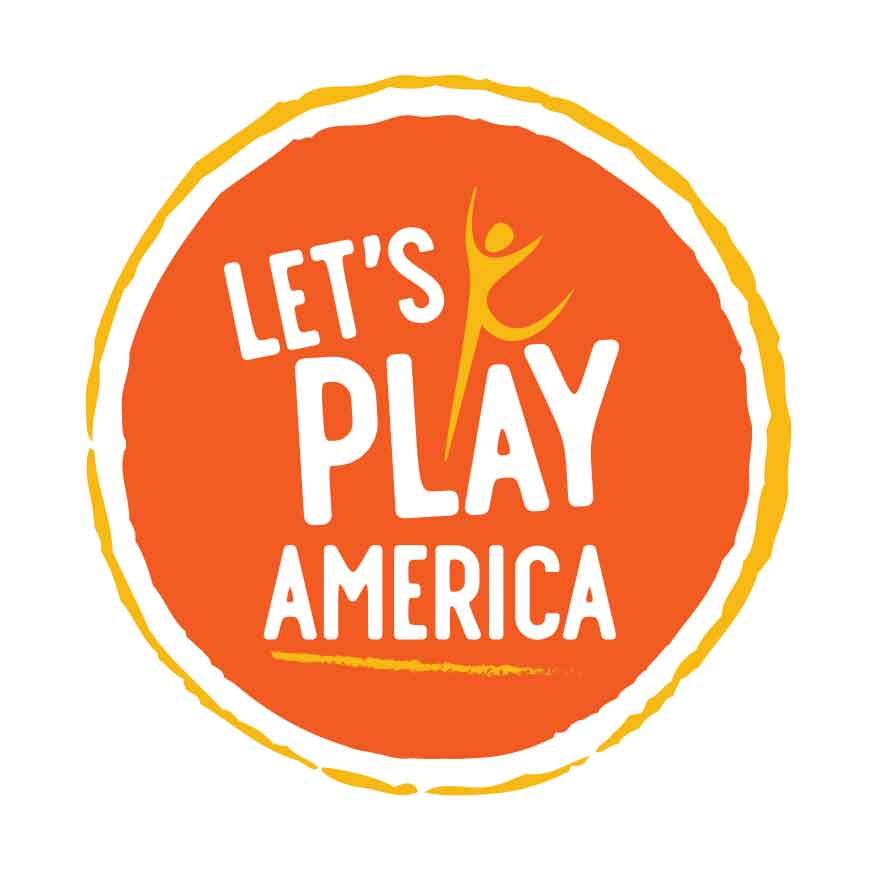Steps One, Two and Three
(Oh the possibilities, when we visited with Jeromy Morningstar, he asked if he could take a different twist to the story idea. We agreed. Here is what he wrote.)
Kate’s Kause (www.kateskause.com) is a charitable, not-for-profit organization inspired by founder Kelly Meissner’s young daughter Kate who was diagnosed with a rare neurological disorder called Angleman syndrome (AS).
Established in their daughter’s honor and with the goal of raising money to build an accessible playground, the Kate’s Kause vision was realized in the summer of 2012 after almost two years of fundraising.
Raising a daughter with AS, Kelly Meissner understands the importance for children to interact with other children on playgrounds as part of their development and socialization. However, she also recognizes that many community playgrounds are not necessarily safe and accessible for children of all abilities. The cost alone to build a playground can be prohibitive and successful fundraising is a critical component to realizing success.
Kelly Meissner is not alone.
Is finding the funding one of the greatest hurdles standing between your new playground?
Since funding is often lacking when it comes to the development of playgrounds, fundraising is often an essential component of realizing a new playground. Designing a fundraising plan that is simple and easy to execute can help inspire your fundraising team, and most importantly, put money in your bank account.

Stage One: Preparation
One of the first steps in a fundraising campaign is to form a committee or a list of people who are willing to help. It could be as small as one highly motivated individual to a group of five or more. With more people involved, the delegation of ideas to subcommittees can allow volunteers to be more effective in the areas they want to pursue. Many volunteers are willing to help out with different fundraising events but would prefer not to be on a committee. These volunteers will be part of your success.
Goal setting is one of the keys to a successful fundraising campaign. It is always important to have a goal to strive for. Setting goals for each fundraising event will help your committee see results. Once you determine how much you are expecting to raise from a particular event, set a plan to achieve your goal by breaking it down into small sub-goals. Set a target with defined time frames. See it. Believe it. Achieve it.
Choose A Playground Plan: Your playground design will give everyone a good focal point for all of your fundraising efforts.
Most playground equipment companies will provide you with a 3D digital representation of your playground once a design is chosen. This life-like representation will definitely develop excitement and future anticipation. Protective and accessible surfacing is a critical design and safety aspect of any playground and should also be in the budget.
Advise Your Community Of The Plans: Once your plans are chosen, be sure to advise the community that the playground plans are available for all to see. Be sure to keep the community updated on fundraising events and continue to invite everyone to support and participate in the project.
Chart Your Success: Keeping your community or school apprised of the funds raised after each event will keep enthusiasm high. Social media is a great way to keep everyone motivated as you get closer to your goal.
Use Free Media: Many local radio stations and newspapers offer a percentage of their advertisements to non-profit organizations and public service announcements. Call them to see what would be available for your organization. Often local newspapers will run a story on local fundraising efforts as well as advertise upcoming fundraising events.
Stage Two: Bringing Funds to Life
Social media is a tool rather than a place where fundraising is conducted. It’s a way to connect people to your cause and help you promote, inspire and create momentum. Even if your own organization doesn’t have a large following on social networks, you can use social media to help in your fundraising efforts if you have a few enthusiastic supporters with large networks of their own.
Cultivating a social media audience will require effort just like the rest of your campaign. You must devote creative time, energy and intention to make it work. Consistently posting new content to your blog, Facebook page or Twitter account will make potential donors feel informed. Use these tools to post updates, announcements, events and any other tidbits on what makes your cause unique. You may even consider creating a video about your cause and why people should be involved. You can get a lot of traction when a video goes viral.
Fundraising Through Service Groups, Clubs And Organizations: There are usually many service groups in your local town. These organizations help to improve the community in many ways. Supporting children and children’s programs is often a large part of their mandate.
Foundation Grants: Foundations will usually have a mandate on what type of funding requests they will support. There are strict guidelines to follow and forms to be completed.
Corporation Grants: Many corporations donate locally to improve the quality of life of the local residents.
When writing a letter to request a contribution to any of the above channels, it is important to be simple and straightforward. Be clear with what you ask for. Enlist volunteers to pro-actively contact the possible donors. Be sure to follow up personally or with a phone call.
Incentivizing Traditional Fundraising
Traditional fundraising options that require product purchases are plentiful and range from the sale of coupon books, T-shirts and magazines to cookbooks and bake sales. There are just as many options for fundraising that do not require product purchases including bottle drives, recycling pop cans, raffles, silent auctions, dance-a-thons, and read-a-thons.
Whatever traditional fundraising endeavors are decided upon, know that incentives and motivators can make a difference, especially when students will be involved in the fundraising efforts.
Rewarding achievement can be as simple as a sticker for returning forms or a class pizza party for the highest participation. There is a lot of good that comes from children accepting some personal responsibility to pay for extra privileges, such as self-confidence, basics of citizenship, how to handle money and supporting their school. An incentive program will surely inspire these things.

Stage Three: Recognizing Donors
Recognition shows appreciation of the donor’s support and keeps the community informed of the contributions made. You can show recognition by listing contributors in the local newspaper or having names engraved on a panel and mounted on the play equipment. A grand opening or a ribbon cutting ceremony is a great way to celebrate everyone’s fundraising efforts. It will give a sense of pride and ownership to the students, donors, parents, and volunteers.
Kate’s Kause is a great example of how one organization with a highly motivated founder was able to see, believe and achieve. Officially called Kate’s Playground For Everyone, this 8000-square foot, $300,000 fully accessible playground features junior and senior playground equipment by Landscape Structures, swings, a flower garden and fully accessible, impact absorbing, interlocking rubber tiles by SofSurfaces.
“Inclusion and education for EVERYONE, ” says Meissner. “Kate goes down the roller slide head first on her tummy all by herself. It’s one of the most wonderful things I’ve ever seen. Kids we’ve never met before go down the roller slide with her. One girl even went on her tummy side by side with Kate, both of them giggling the whole way down. This is inclusion and the feeling it gives us is better than I ever could have imagined. I love what the playground has done for our family and the community kids. We are all growing up together, no matter our differences. It’s a small piece of heaven.”
About The Author
Jeromy Morningstar has been employed with sofsurfaces for over 17 years and currently holds the position of Managing Director. SofSURFACES has been manufacturing and distributing its SofTILE brand of playground safety surfacing systems since 1991.









Thanks
Hi Jeromy
Great article. Thanks for sharing your insights and experience.
You have always been an incredible supporter of playgrounds and playground safety. We appreciate you acknowledge the need and difficulty of raising funds for the playground projects especially those that are inclusive.
DiLenny Roca
Injury Free Coalition for Kids
Add new comment